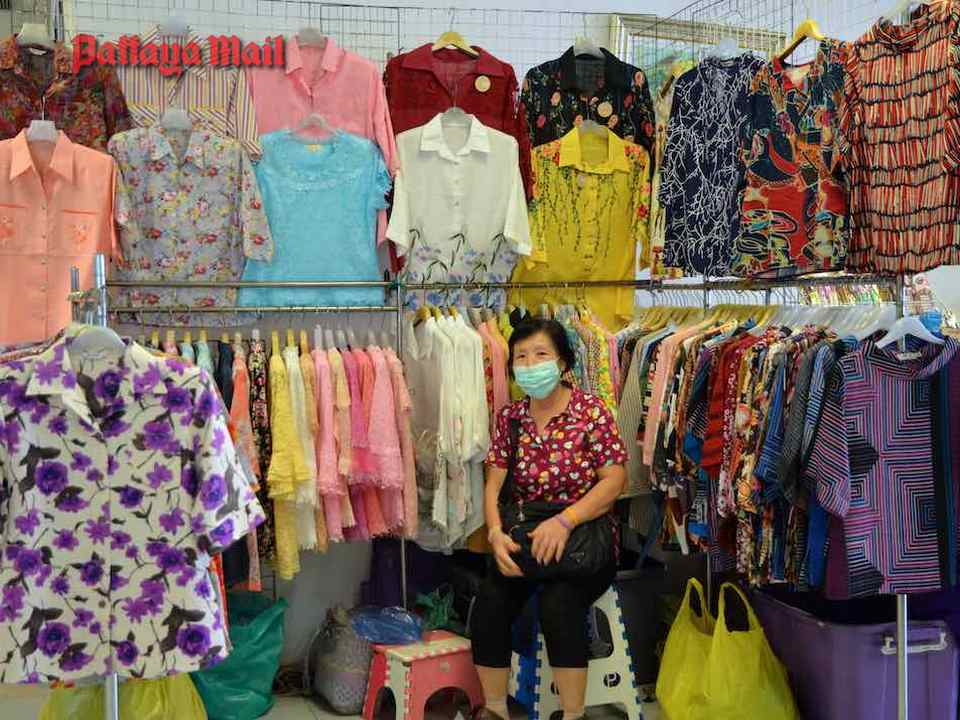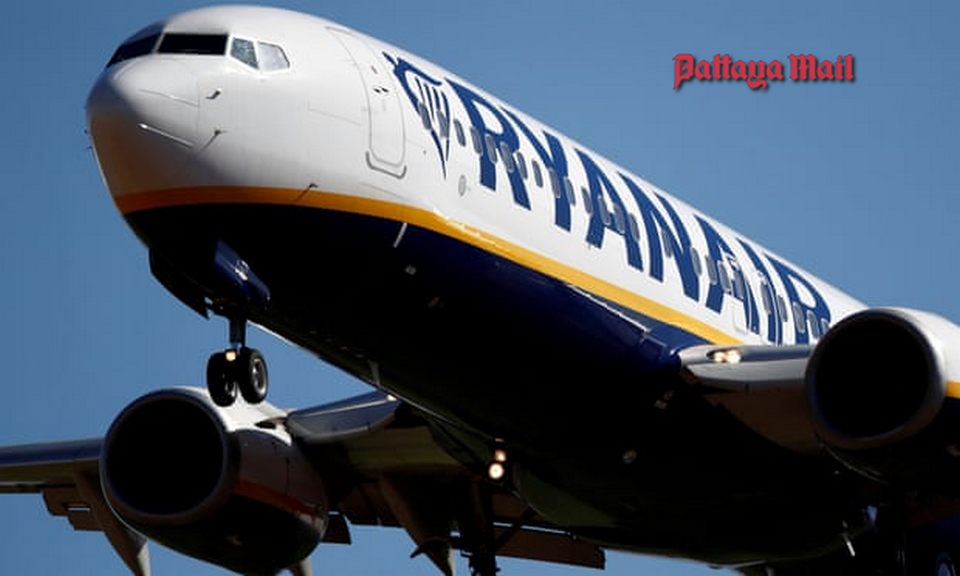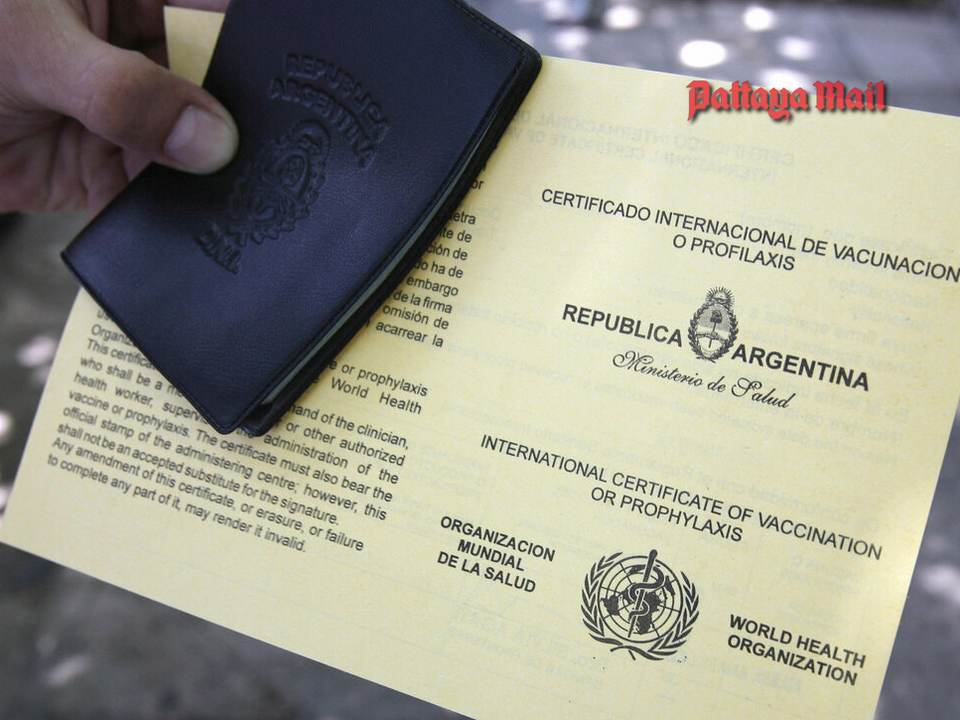
Both Pattaya City Hall and the Tourist Authority of Thailand are optimistic about a jump in the numbers of international tourists in the second quarter of 2021. They can point to the promising advent of vaccination programs worldwide, the possibility of digital health passports becoming acceptable in the near future and the ongoing possibility of travel bubbles being established with major tourist markets in Asia, notably China.
Thailand has a full range of visa possibilities, including 45-day visa exempt categories for 54 nations, a Special Tourist Visa which can be extended for up to 270 days and a dozen or so long stay possibilities for foreign property owners, Elite card holders, retirees, those with Thai spouses or families to support and several other groups. The downside, of course, is the fortnight compulsory quarantine in supervised accommodation, but there are ongoing debates about cancelling that requirement for some categories.

But hang on a minute. Although there are several promising anti-Covid vaccines on the international market, there is no firm evidence whether or not vaccinated people can transfer the disease to other people. A worrying thought indeed. Moreover, vaccine nationalism (actually selfishness) is rife with 54% of the world’s stock of approved vaccines going to 14% of the world’s population in the richest countries. As regards the future prospects for digital health passports, they are unlikely to gain traction unless the World Health Organization gives the green light. The chances of that happening any time soon are zero, according to recent press releases, because of the complexity of factors involved.
Travel bubbles, once the most favoured of solutions, have gone very quiet in recent weeks. Australia and New Zealand decided not to go ahead after a single case of community-based transmission. Another route between Singapore and Hong Kong also failed to materialize, whilst China and Thailand appear to have abandoned the whole idea. All those hopes of Pattaya welcoming travel bubble tourists to five-star luxury accommodation and special tours to resort attractions have crumbled into dust.

Hopes that Chinese New Year would result in a tourist boom have also been abandoned. Pattaya councilman and a Flipper hotels’ group executive, Sinchai Wattanasartsathorn, conceded the point whilst putting more faith in the April Songkran festival. Owners and lease holders of properties on Pattaya’s Walking Street withdrew objections to a six months’ project to bury overhead power lines after accepting that no tourist boom was imminent.
Meanwhile, the news from Europe is not encouraging. Most EU countries have restricted flights to operations within the Community whilst the UK has actually made it “illegal” to travel domestically or internationally for holiday purposes. Tony Fernandes, chief executive officer with Air Asia, admits that air traffic won’t achieve pre-pandemic levels until 2023. The Asean Tourism Association warns that 70% of regional travel agents are already at risk of imminent closure.
Pattaya’s dilemma, mirroring Thailand in general, is that the policy of offering plentiful visa options for foreigners has dissolved in the second international wave of the dreaded virus. Meanwhile there is no consensus about the reliability of vaccines or the viability of digital health passports. As Europe in particular dramatically reduces long-haul flights, it is clear that no unilateral action by Thai authorities can rescue its tourist infrastructure. For progress to be made, foreign governments have to encourage international travel by their citizens. That may take the remainder of 2021.




